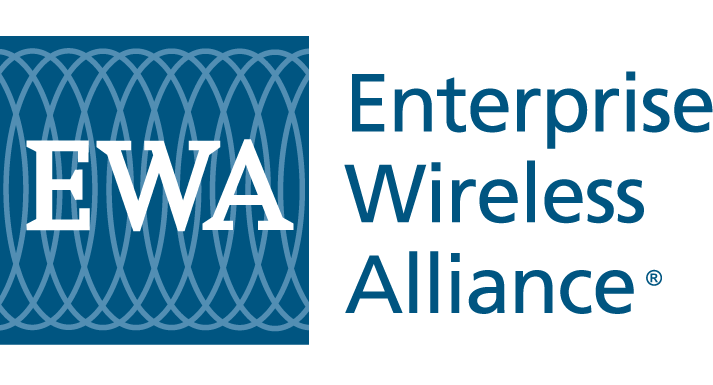Fairness Would Be Welcome
Nine years ago, the FCC froze the T-Band, shut down most application processing, and walked away pending further instructions. They froze the band as a result of the Congressional T-Band Mandate that was supposed to support a successful auction at some future date. Despite EWA’s best efforts, incumbents took it on the chin as they could modify their systems in only the most limited of ways. Applications submitted before the freeze were toast. Waivers were DOA. Incumbents were forced to operate their systems with their hands tied behind their backs and so they waited.
Fortunately, the Congressional powers that be finally nixed the reallocation of the T-Band, primarily because the facts showed that an auction would fail to generate sufficient revenues to pay the relocation costs of public safety systems. Forget about the business enterprises who also are substantial users of T-Band but were not mentioned by Congress or in subsequent discussions unless we brought it up. But as EWA said often, public safety’s victory proved to be our victory. Or at least we thought it was a victory.
The Commission did the right thing and with welcome speed selected a date when T-Band incumbents could finally submit applications to bring their systems and licenses up to date. But the exhilaration was short-lived. The frequency coordinators were fully aware of the need to protect incumbent TV stations. They had been doing that for decades. What they found out, however, was that the number of TV stations to be protected in the intervening nine years expanded significantly and the updated list provided by the FCC bears little resemblance to the stations that actually require protection. Applications are now being bounced on the grounds that the incumbent’s modified system will cause interference to a TV station that has moved to a digital channel that doesn’t require protection, a station that has been off the air for years or even decades, a station that is already co-channel with the incumbent proposing to add a frequency within that same channel, or even a TV station that doesn’t meet the FCC’s own mileage requirements between digital TV stations and T-Band markets. It’s almost as if the FCC, or at least the Media Bureau, assumed the band would eventually be auctioned so there would be no harm in letting TV stations crowd the space or in failing to maintain an accurate list of TV stations to be protected.
After nine years of forced hibernation, incumbents now need to put up with this? We need to protect phantom TV stations? To protect TV stations that should never have been authorized in the first place given their proximity to land mobile operations? To file waivers to argue against the need to protect a TV station that should not be on the list in the first place? This is a licensing mess that should not exist, and one EWA hopes will be addressed by the Commission so land mobile can make the most of this very significant band. While perhaps not as visible as TV stations, this important FCC constituency has every right to expect regulatory reasonableness.
